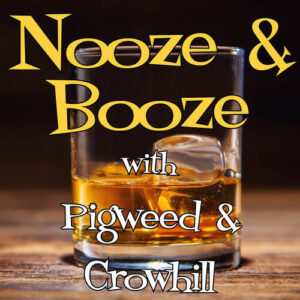 The boys drink a “Patuxent Walnut,” then discuss three recent news items.
The boys drink a “Patuxent Walnut,” then discuss three recent news items.
Pelosi goes to Taiwan. It was a ballsy move on her part. China stomped around, red-faced and furious, and threatened to shoot down her plane. But she went anyway. Was that right, or will she be the match that starts WW3?
P&C discuss the U.S.-Taiwan relationship in general, and tie it in with Pelosi’s visit and Biden’s recent bumbles about the U.S. defending the island against Chinese aggression.
Griner goes to jail. The 6’9″ basketball star went to Russia with a small amount of marijuana, gets arrested, and has become a pawn in “prison exchange” negotiations.
She’s not the only U.S. citizen who’s been arrested in Russia for drug possession. Mark Fogel, a former U.S. embassy official, was arrested for possession of 17 grams of marijuana — for which he had a prescription! But nobody says much about Fogel because he doesn’t have star privilege.
The FBI goes to Mar-a-Lago. On its face, this looks like Banana Republic behavior, where law enforcement is used against political enemies. But on the other hand, do we really trust Trump to do the right thing with classified documents, or to tell the truth about it after the fact?
Raiding a former president’s and potential future candidate’s home is unprecedented, and the FBI should have done far more to make sure this was all above the board. They did not, and the FBI has a huge black eye as a result.
 The boys drink and review
The boys drink and review 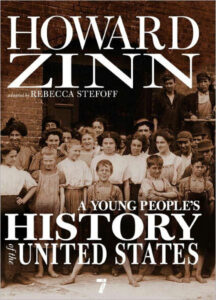 P&C drink and review
P&C drink and review  P&C drink and review Coffee Among Friends Vanilla Latte Milk Stout by
P&C drink and review Coffee Among Friends Vanilla Latte Milk Stout by 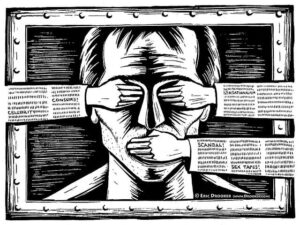 The boys drink and review Crowhill’s 2022 Christmas Ale, then discuss censorship.
The boys drink and review Crowhill’s 2022 Christmas Ale, then discuss censorship.  In this special edition of Nooze and Booze, Pigweed and Crowhill do a spontaneous, off-the-cuff tribute to Queen Elizabeth II, who died on Sept. 8, 2022.
In this special edition of Nooze and Booze, Pigweed and Crowhill do a spontaneous, off-the-cuff tribute to Queen Elizabeth II, who died on Sept. 8, 2022.  Pigweed and Crowhill review an imperial stout and discuss humor.
Pigweed and Crowhill review an imperial stout and discuss humor.  Woodstock is said to have defined a generation. The original plan was for about 50,000 people, but close to half a million people arrived on Max Yasgur’s dairy farm in Bethel, New York. The operations were a mess. The roads weren’t adequate. There weren’t enough porta-potties, security, or food. And there was a nasty storm. Despite the mess and the miserable circumstances, it was mostly peaceful, and the police said the attendees were courteous, considerate and well-behaved.
Woodstock is said to have defined a generation. The original plan was for about 50,000 people, but close to half a million people arrived on Max Yasgur’s dairy farm in Bethel, New York. The operations were a mess. The roads weren’t adequate. There weren’t enough porta-potties, security, or food. And there was a nasty storm. Despite the mess and the miserable circumstances, it was mostly peaceful, and the police said the attendees were courteous, considerate and well-behaved.  With special guest Longinus, the boys review
With special guest Longinus, the boys review 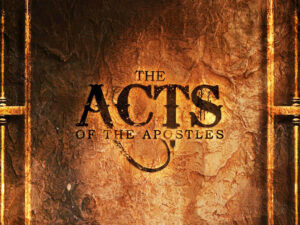 Along with special guest Longinus, P&C drink and review a homebrewed brown ale, then discuss the Book of Acts, as part of their “shortcut to the classics” series.
Along with special guest Longinus, P&C drink and review a homebrewed brown ale, then discuss the Book of Acts, as part of their “shortcut to the classics” series.  The boys drink and review
The boys drink and review 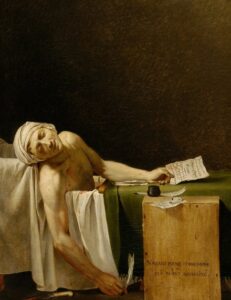 The boys drink and review
The boys drink and review